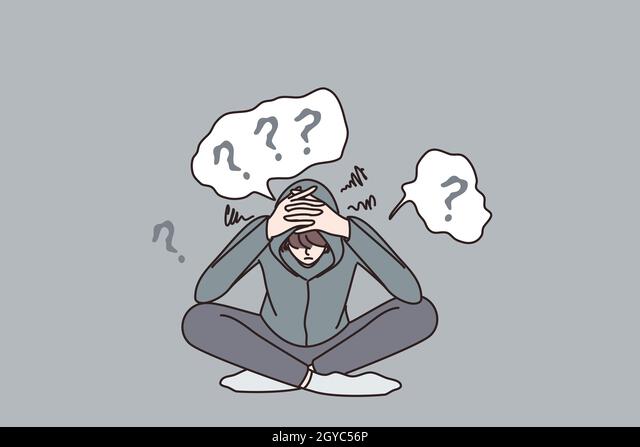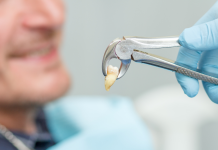Several synthetic compounds are currently on the horizon that act like ibogaine and could be useful in treating depression. In this article we will look at these compounds and discuss the potential side effects, treatment, and histogram of ibogaine depression.
Treatment
Psychedelics like ibogaine are being used for a variety of disorders. These include PTSD, depression and addiction.
The Global Ibogaine Therapy Alliance released a set of treatment guidelines last year. They recommend patients follow a continuous monitoring program to ensure the effectiveness of their treatment. They also advise the use of social support groups and outpatient counseling.
Ibogaine is a psychedelic drug extracted from the root of an iboga shrub. It has been used in ritual preparations in Africa for centuries.
In the West, ibogaine is used as an opioid substitute to treat substance use disorders. It has also been shown to be effective against social phobia and panic attacks.
Ibogaine works to interrupt addiction by resetting brain receptors to a pre-addictive state. This results in reduced cravings for substances. It also reduces withdrawal symptoms.
In a clinical study, ibogaine was administered once a day for two to sixty days. Researchers found that ibogaine treatment produced a significant improvement in mood, a decrease in anxiety, and a heightened level of insight into the underlying causes of addiction.
Synthetic compounds that act like ibogaine are on the horizon
Several upstart pharmaceutical companies are racing to create compounds that act like ibogaine. These are being developed to substitute for drugs such as methadone and suboxone. They will need to pass several tests before they can get FDA approval. This will increase the standards of care and give more people access to safe treatment.
Historically, drug companies did not see addiction medications as a profitable product. However, today, they are realizing that they can make money by developing ibogaine analogs.
Currently, two companies are researching medications that are based on ibogaine derivatives. These include ATAI Life Sciences and Gilgamesh Pharmaceutical. ATAI is a three-year-old biotech company that is working on developing ibogaine as an FDA approved drug.
ATAI is also pursuing noribogaine as a possible addiction treatment. Noribogaine interacts with neurotransmitters such as serotonin, acetylcholine and dopamine. It has been shown to reduce the consumption of other drugs by rodents. It has been deemed non-hallucinogenic in mice. Its use may help reduce the risk of cardiac arrhythmia.
Histogram of ibogaine depression
Psychedelics like ibogaine can be a helpful alternative to opioid addiction and depression. However, it is important to remember that ibogaine is a powerful psychedelic, and there are risks involved. This article will provide some information about how ibogaine works and the potential side effects.
Ibogaine was first used in Africa for tribal ceremonies. It was discovered by French explorers in the 1800s. Later, it was taken by World War II athletes as a performance enhancer. In the 1960s, people in the US reported that ibogaine helped them break their heroin addiction. It is still used today in rituals and ceremonies throughout the world. However, it is increasingly difficult to find plants that contain ibogaine. Until recently, researchers had not been able to produce large quantities of ibogaine in the laboratory.
However, researchers have recently synthesized a chemically modified version of ibogaine, which appears to be more effective than its natural counterpart. The chemically modified version does not produce hallucinations, and it appears to reduce depression symptoms. It was also found to reduce relapses in rats that are addicted to heroin.










